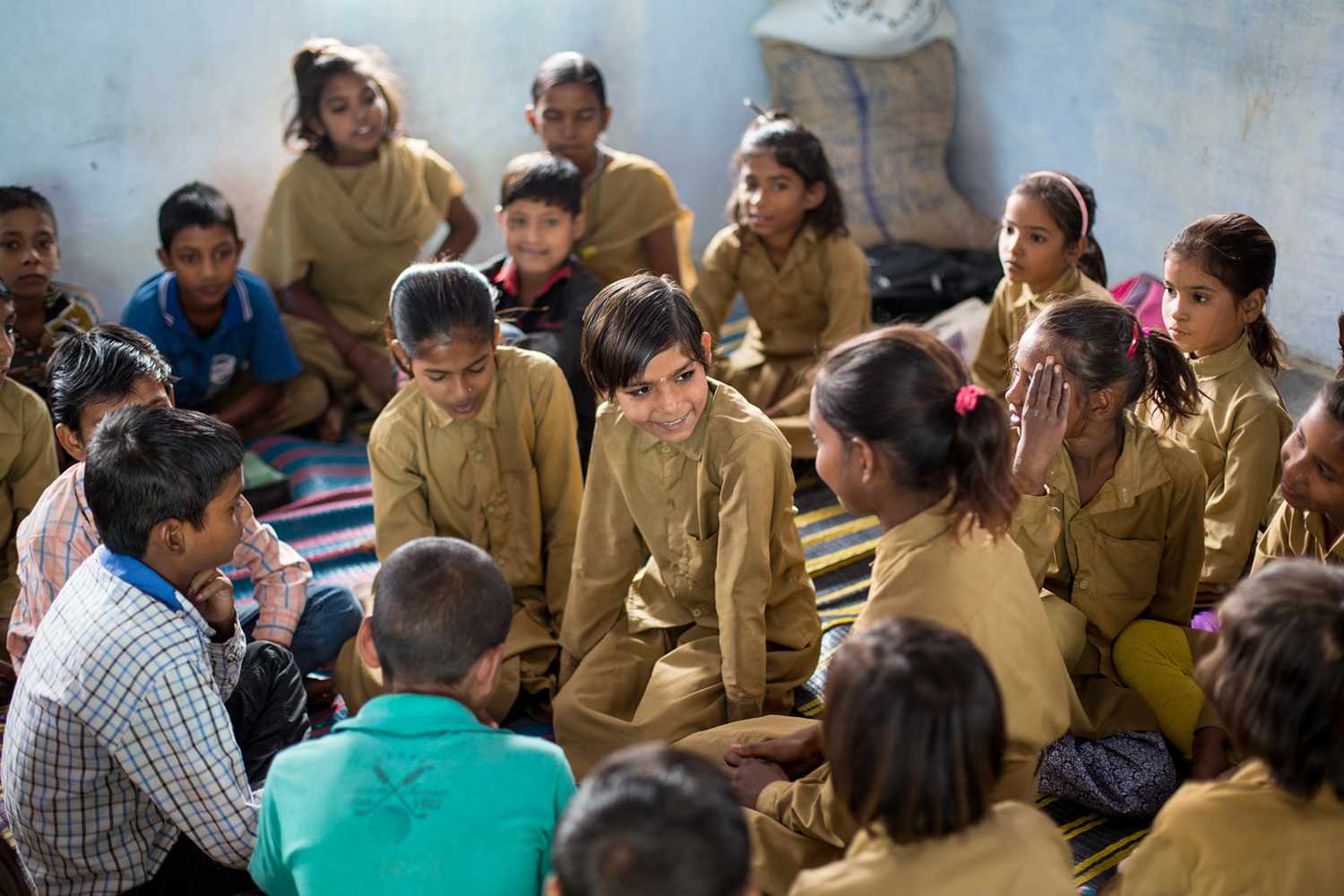Educating girls is one of the most powerful investments a society can make. The benefits of educating girls extend far beyond individual success, creating a ripple effect that positively impacts families, communities, and nations. This article explores the profound impact of girls’ education on society.
The Importance of Girls’ Education
Girls’ education is crucial for achieving gender equality, reducing poverty, and promoting sustainable development. When girls are educated, they gain the knowledge and skills needed to participate fully in economic, social, and political life. This not only benefits the girls themselves but also their families and communities.
Impact of Girls’ Education on Society
- Economic Development
Educated girls are more likely to enter the workforce and contribute to economic growth. By participating in the economy, they help lift their families out of poverty and drive national development. The impact of girls’ education on economic development is profound, as it increases productivity and innovation.
- Improved Health Outcomes
Girls’ education is closely linked to better health outcomes for themselves and their families. Educated women are more likely to make informed health decisions, seek medical care, and adopt healthier lifestyles. This leads to lower maternal and child mortality rates and improved overall health in communities.
- Social Impact
Educating girls promotes social change and equality. Educated women are more likely to advocate for their rights and the rights of others, challenging discriminatory practices and norms. This contributes to greater social cohesion and justice.
- Gender Equality
Education is a powerful tool for achieving gender equality. By providing girls with the same opportunities as boys, societies can ensure that both genders can contribute equally to development. This creates a more balanced and equitable society.
Long-Term Benefits of Girls’ Education
The long-term benefits of girls’ education are extensive and multi-generational. Educated women are more likely to educate their children, creating a cycle of empowerment and opportunity. This leads to sustained improvements in social and economic conditions.
Women’s Empowerment Through Education
Educating girls is essential for women’s empowerment. It provides them with the skills and confidence needed to participate in decision-making processes and pursue leadership roles. Women’s empowerment through education is key to achieving gender equality and inclusive development.
The ripple effect of educating girls extends far beyond individual success, creating lasting benefits for families, communities, and nations. Educating girls fosters economic development, improves health outcomes, promotes social change, and achieves gender equality. By investing in girls’ education, we can create a brighter, more equitable future for all. Together, we can harness the transformative power of girls’ education and create a better world for future generations.

